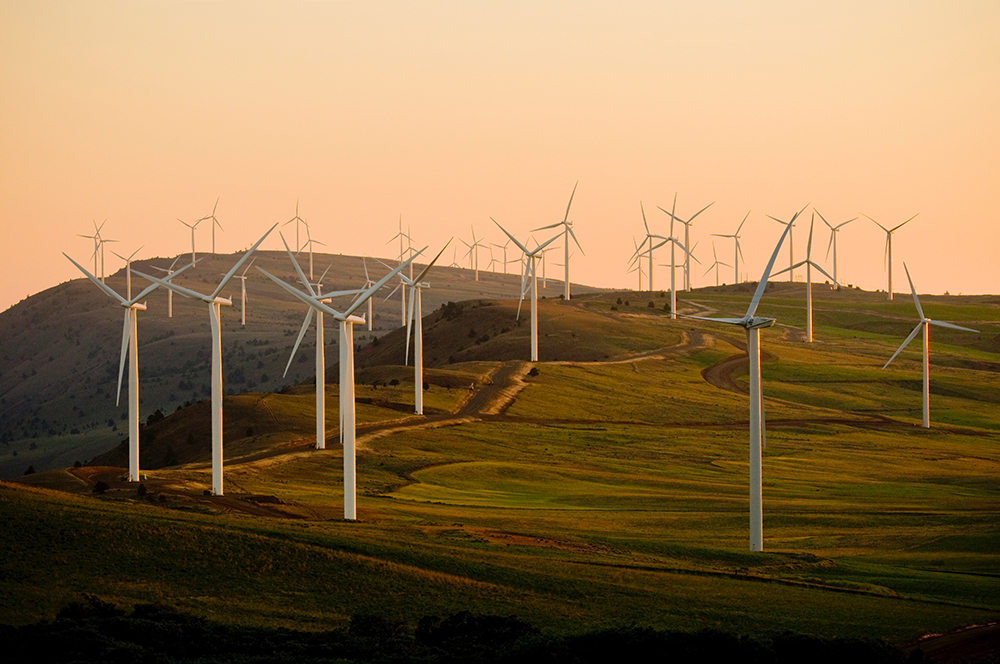Want to live a more sustainable lifestyle but just don’t know how? We’ve put together some great ways to get you started!
Try making your own environmentally friendly cleaning products instead of buying them. Bicarbonate soda, water, lemon juice and vinegar used in varying amounts can pack quite a punch to household grime – and you’ll save on the plastic packaging!
Use cold water when hand-washing dishes and utilise the cold wash setting on your washing machine. Using cold water saves on electricity, good for your wallet and the environment.
Avoid using single-use disposables in your facial care routine. Swap single-use wipes or pads for a gentle cleanser and damp facial towel or linen cloth, saving single-use products from landfill.
Install a water-saving shower head into your shower. Some states will do this for you for free, saving money on your water bill and reserving water in your area.
Be mindful of leaving the water running unnecessarily. Turn off the taps when brushing your teeth or washing your dishes. You’ll be surprised how much water is wasted.
Pick a nice sunny day to do your washing, so you can hang everything on the line instead of using the clothes dryer. As a bonus, the sun’s UV rays have an anti-bacterial effect, killing any bacteria that might have survived the cool wash.
Try growing your own herbs, or even better, start your own veggie patch! It can be a little tricky getting the knack of it at first, but definitely worthwhile. Eating plants that you’ve grown yourself can be both rewarding, money-saving and will reduce your carbon footprint.
Buy local and organic produce from the farmers market near you, taking your own reusable bags to save on plastic packaging. Buying local not only supports your local community, but reduces the amount of energy and fuel used to transport produce to stores.
Pay attention to the labelling on your food products. For example, look for Fair Trade, natural and certified organic labels and if you’re an avid coffee drinker look out for “shade-grown”. These labels tell you that the product is paying labourers a fair wage, is sustainable, have reduced exposure to synthetic chemicals and pesticides, and are produced sustainably.
Avoid buying disposable single use items, such as vegetables wrapped in plastic, plastic forks and knifes and single use coffee cups. Keep metal or reusable cutlery with you and use a reusable coffee cup instead.
When you’re out and about, say no to plastic straws. Instead, bring your own metal or bamboo one. Simple!
If it’s your birthday, keep all the gift bags, ribbons and if possible wrapping paper and reuse these. Reuse and recycle where possible.
Go paperless. If you haven’t already, contact your bank or utility company and ask to make the switch. If you have a wedding to plan, give electronic invitations a go! Reducing the need for paper will help our forests and the animals living within them.
To further limit the extent of paper used around you, put a No Junk Mail sign on your letterbox – no more unhelpful flyers please!
Instead of buying a brand new book, try borrowing from your local library, reading electronically or purchasing second hand. Once again, save on paper and save on trees!
Turn the lights off. How many times have you accidentally left the lights on after you leave a room? Make sure you turn off the lights and save on electricity. If it’s a habit you can’t break, try installing a timer or a sensor to turn the lights off for you.
Collect rainwater to use on your plants or garden. Recycling rainwater can help sustain precious water reserves in times of drought.
Reduce food waste by buying in bulk and planning ahead. Yes, it seems like a hard task at the time, but meal prep can help you to save time, money and food waste when you’re at your busiest. Set the time aside now and reap the benefits later!
Walk or cycle that extra mile. For short journeys, try walking or cycling instead of taking the bus or a taxi. Try walking up the stairs instead of using the elevator. Or even get off the bus a stop early and walk the rest of the way. Not only will this help with your fitness goals but also conserve energy and fuel.
Keep a sustainability journal. If you’re unsure of how much of an impact you’re making, try keeping a sustainability journal to jot down all of the ways you’ve tried to be sustainable throughout the day. You might have walked or cycled to work, used your own keep-cup and metal water bottle, brought lunch in reusable containers and purchased some certified organic ingredients for dinner. Every little helps in when it comes to being sustainable, and all the little things add up over time – you’ll be surprised and proud of what you can achieve.
We love to hear your stories on sustainability. Make sure you keep in touch on our social media pages and tag us in your photos and stories.


